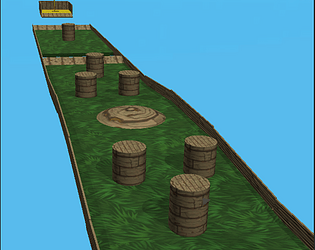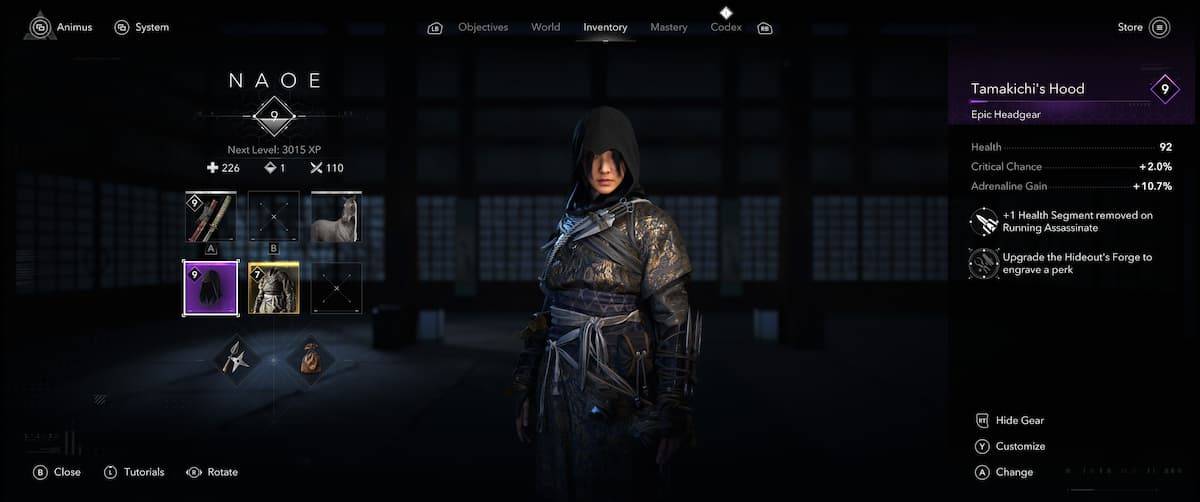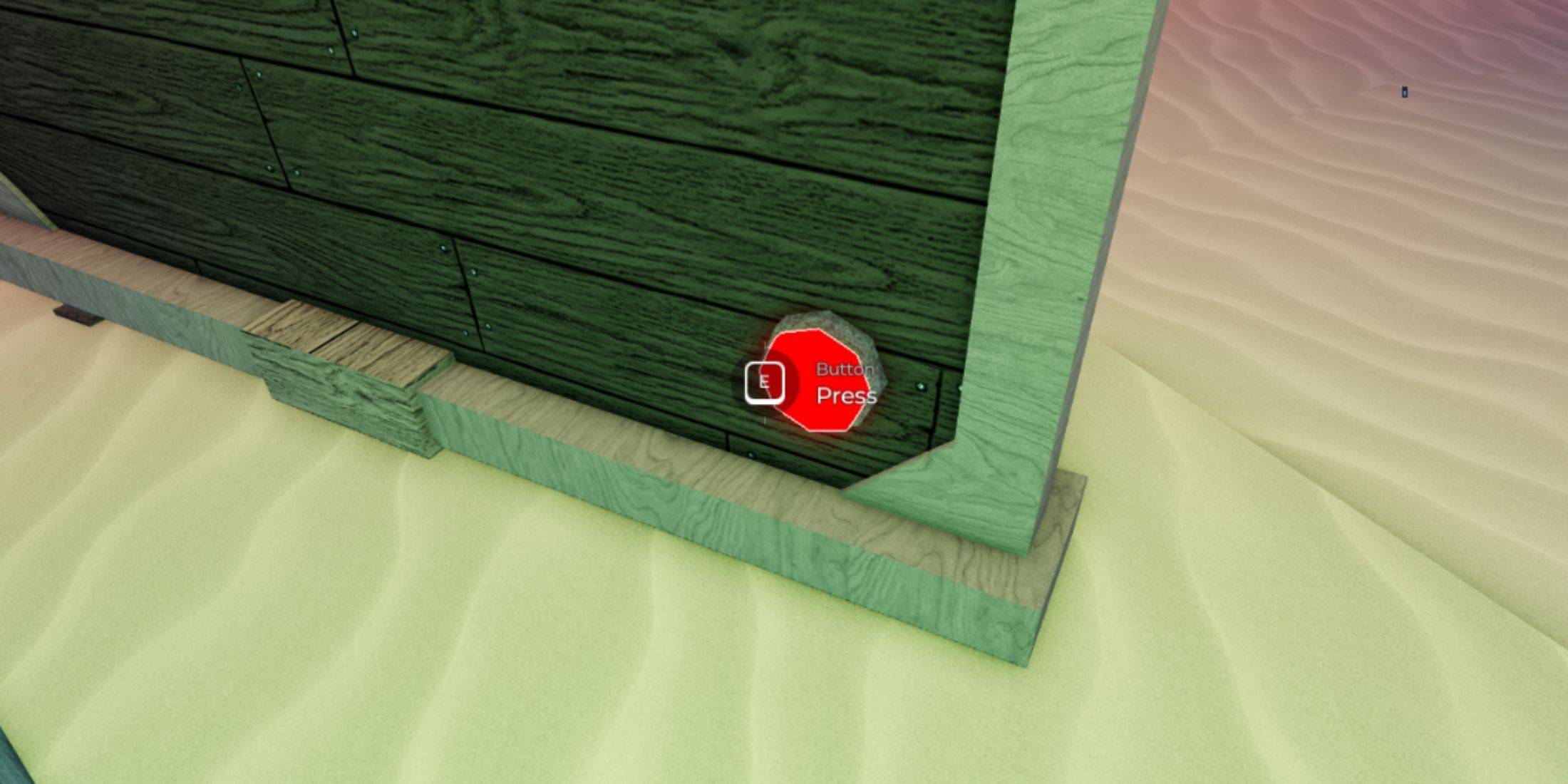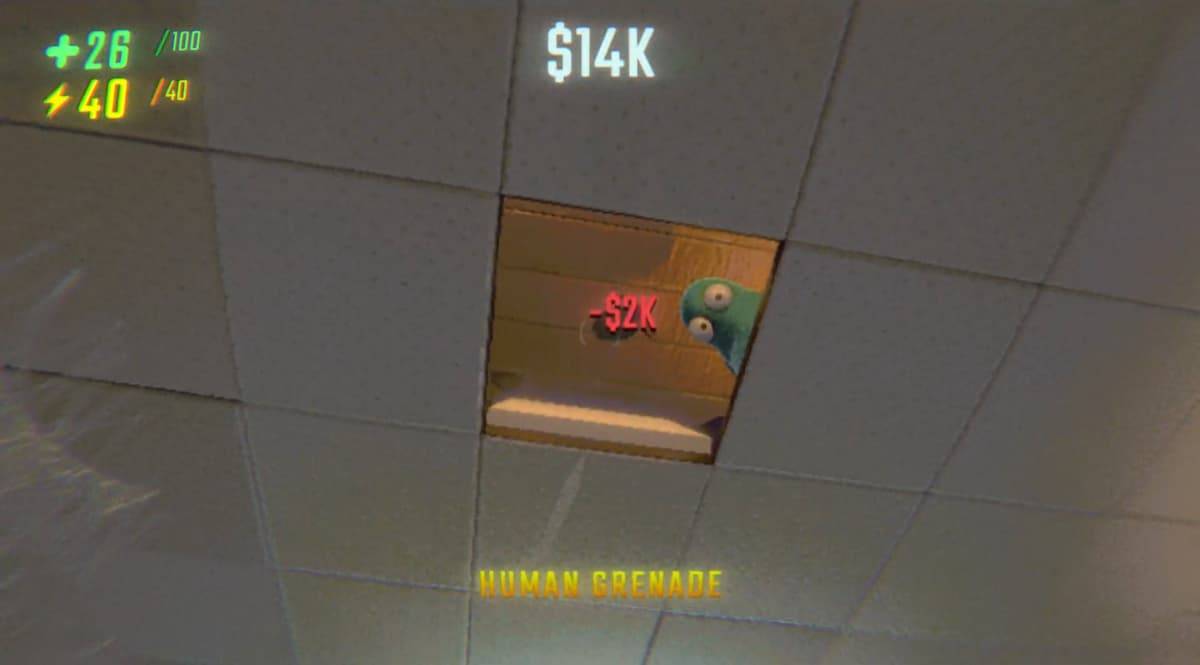Capcom is exploring generative AI to streamline the creation of the vast number of design concepts required for its game environments. The rising costs of video game development are driving publishers to explore AI tools, despite controversy. Activision, for instance, faced criticism for allegedly using AI in Call of Duty: Modern Warfare 3 cosmetics and loading screens. EA even declared AI as "central" to its operations.
In a recent interview with Google Cloud Japan, Capcom's technical director Kazuki Abe (known for his work on Monster Hunter: World and Exoprimal) discussed the company's AI experimentation. Abe highlighted the significant time and effort involved in generating the "hundreds of thousands" of unique design ideas needed for game assets, citing even simple objects like televisions requiring unique designs, logos, and shapes. This process involves numerous proposals, each with accompanying illustrations and text descriptions.
To improve efficiency, Abe developed a system using generative AI. This system processes game design documents and generates design concepts, accelerating development and providing iterative feedback for refinement. This prototype leverages multiple AI models, including Google Gemini Pro, Gemini Flash, and Imagen, and has reportedly received positive internal feedback. The anticipated outcome is substantial cost reduction and improved design quality compared to manual creation.
Currently, Capcom's AI implementation is focused solely on this concept generation system. Other crucial aspects of game development, such as gameplay design, programming, and character design, remain firmly under human control.




















